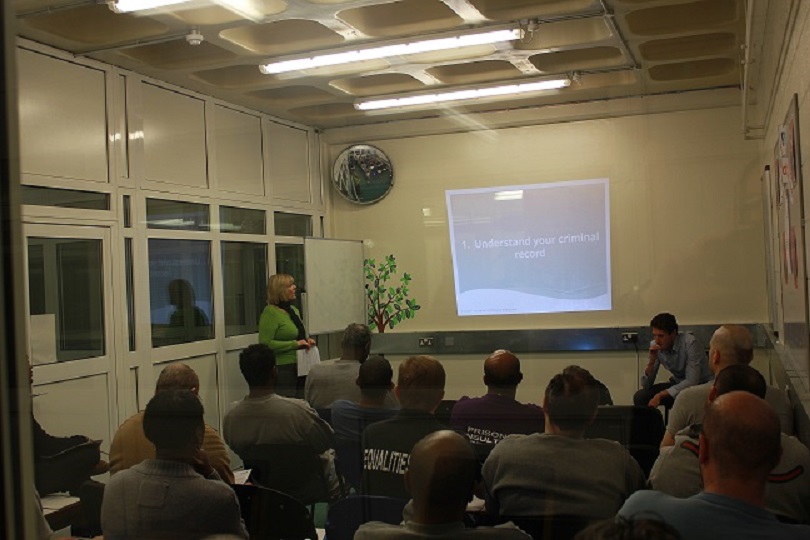With the disclosure of old and irrelevant criminal records in the spotlight, Christopher Stacey looks at how the system is unfairly holding people back
Although these were originally for roles that involve close contact with children and vulnerable groups, the types of positions that often involve them has now gone way beyond the core purpose. For example, Unlock is regularly contacted by people who have been told they need an enhanced check for a job, for example, as a delivery driver or a receptionist.
These checks alone would not be so much of an issue, if it were not for the fact that, given the current rules for disclosing old and minor criminal records, it means that around 250,000 people every year are affected by old and minor cautions and convictions being revealed on enhanced DBS checks.
Couple that with the known negative reactions (and often blanket policies) of employers towards applicants with a criminal record, it is unsurprising that they are the least likely ‘disadvantaged group’ to be employed.
Against unnecessary disclosure
We need to make sure that enhanced DBS checks do not unnecessarily disclose information that is old, minor or irrelevant to the job being sought. Up until now, there has been very little detail on what type of information gets disclosed on DBS checks, which is why the briefing published by the Centre for Crime and Justice Studies is so welcome.
The research shows that in 2015, over one million criminal records were disclosed on standard or enhanced checks. Yet nearly three-quarters of those criminal records (742,482) were more than ten years old.
We know that the length of time since their last offence is one of the most important factors in establishing the likelihood of someone committing an offence in the future, so why is it that these criminal records are being disclosed over a decade later?
The desperate need for reform
The crux of the issue are the current ‘filtering’ rules. Although these are complex, they essentially mean that if someone has a certain criminal record, it will be disclosed on an enhanced DBS for the rest of their life. This includes someone:
- With more than one conviction on their record, or
- has been cautioned or convicted for a certain type of offence (there are over 1,000 of these, including aggravated bodily harm and soliciting for the purposes of prostitution), or
- who has received any type of prison (or suspended prison) sentence.
This can affect somebody who stole two chocolate bars when they were 14 and who is now in their fifties. This puts a lot of people off applying and unnecessarily anchors people to their past. The routine rejection by employers locks people out of the labour market and has a considerable financial cost to society through out-of-work benefits.
At Unlock, we have argued that the filtering rules are in desperate need of reform. Earlier this year, Court of Appeal agreed, ruling that the current system is disproportionate and not in accordance with the law. The government is dragging its heels by appealing to the Supreme Court. It is clearly not listening to the compelling evidence that shows the significant and unnecessary barriers to rehabilitation that the current regime is creating.
Recent reports by David Lammy MP and the Justice Committee have also added weight to the need for changes.
It is common sense that certain offences need to be disclosed to employers. But we should not be unnecessarily blighting the lives of people who are trying to move on, by disclosing old, minor or irrelevant information that holds them back and stops them from reaching their potential.
A fairer and more flexible system would be one with expanded automatic filtering rules and a discretionary filtering process, with a review mechanism so that individual circumstances can be considered.
Alongside changes to the filtering rules, Unlock has long supported the introduction of a criminal records tribunal. This would allow enable individuals to apply for an end on the disclosure of their criminal record to employers on a relevant criminal record check.
There is evidence from overseas that this approach works. It would help to address the injustice that many people face as a result of what are currently arbitrary, fixed rules that take no account of the positive steps that people have taken since the actions that resulted in their receiving a criminal record.
